Seal Butcher Block? So confused!!!
enigmaquandry
14 years ago
Featured Answer
Sort by:Oldest
Comments (15)
enigmaquandry
14 years agoRelated Professionals
Hammond Kitchen & Bathroom Designers · Woodlawn Kitchen & Bathroom Designers · Blasdell Kitchen & Bathroom Remodelers · Eureka Kitchen & Bathroom Remodelers · Honolulu Kitchen & Bathroom Remodelers · Idaho Falls Kitchen & Bathroom Remodelers · Niles Kitchen & Bathroom Remodelers · Phoenix Kitchen & Bathroom Remodelers · Port Angeles Kitchen & Bathroom Remodelers · Skokie Kitchen & Bathroom Remodelers · Waukegan Kitchen & Bathroom Remodelers · Graham Cabinets & Cabinetry · Sunrise Manor Cabinets & Cabinetry · Des Moines Tile and Stone Contractors · Castaic Design-Build Firmsenigmaquandry
14 years agoenigmaquandry
14 years agokaismom
14 years agobrickeyee
14 years agosara_the_brit_z6_ct
14 years agoenigmaquandry
14 years agoenigmaquandry
14 years agomfrog
14 years agotengofive
14 years agobuffalotina
14 years agosara_the_brit_z6_ct
14 years agoChristine Clemens
14 years agoh2olox
14 years ago
Related Stories
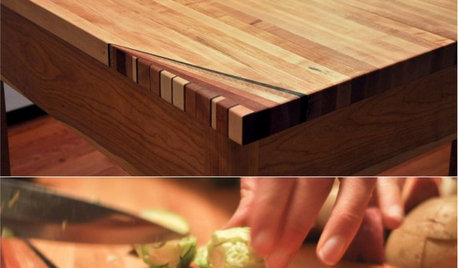
WOODWORKINGHow to Clean and Care for Your Butcher Block
Keep butcher block counters and boards looking sharp as a knife — and sanitized for safe food prep — with this advice from a pro woodworker
Full Story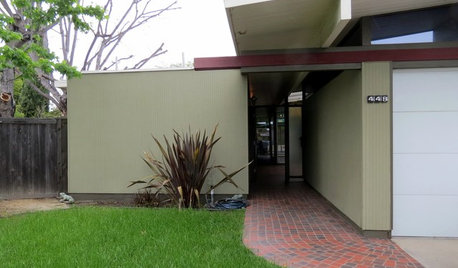
HOUZZ TOURSMy Houzz: Yard Seals the Deal for an Eichler Home
Expansive indoor-outdoor living sold a couple on this midcentury California home, now brimming with vintage finds collected over time
Full Story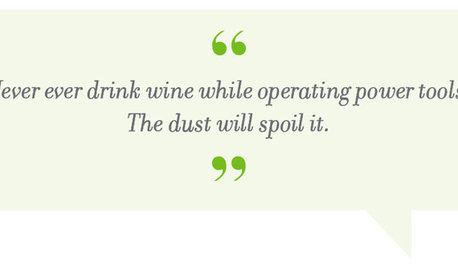
MOST POPULARSo You Say: 30 Design Mistakes You Should Never Make
Drop the paint can, step away from the brick and read this remodeling advice from people who’ve been there
Full Story
TINY HOUSESAdventure Seekers Hit the Road in a Cozy School Bus Home
Wood floors, butcher block countertops, custom furnishings and LED lights make life on the road feel like just another stylish day at home
Full Story
KITCHEN DESIGNHow to Design a Kitchen Island
Size, seating height, all those appliance and storage options ... here's how to clear up the kitchen island confusion
Full Story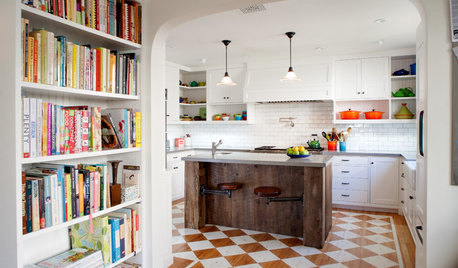
HOUZZ TOURSHouzz Tour: Better Flow for a Los Angeles Bungalow
Goodbye, confusing layout and cramped kitchen. Hello, new entryway and expansive cooking space
Full Story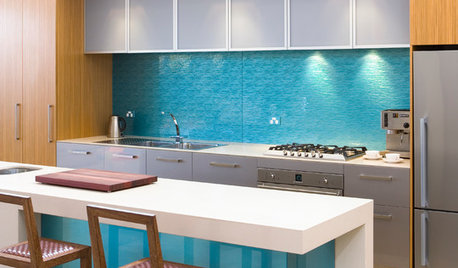
KITCHEN DESIGNHouzz Quiz: Which Kitchen Backsplash Material Is Right for You?
With so many options available, see if we can help you narrow down the selection
Full Story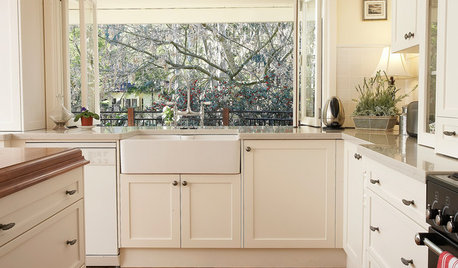
KITCHEN SINKSEverything You Need to Know About Farmhouse Sinks
They’re charming, homey, durable, elegant, functional and nostalgic. Those are just a few of the reasons they’re so popular
Full Story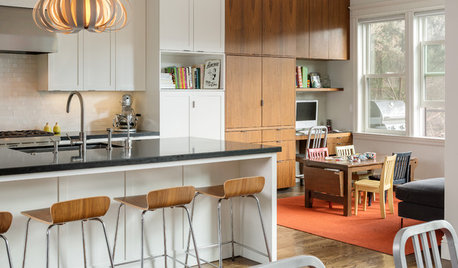
REMODELING GUIDES13 Essential Questions to Ask Yourself Before Tackling a Renovation
No one knows you better than yourself, so to get the remodel you truly want, consider these questions first
Full Story
HOUSEPLANTS8 Essentials for Healthy Indoor Plants
Houseplants add so much to our homes — and can thrive when grown in the right conditions. Keep these tips in mind
Full Story






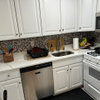

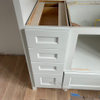

tengofive